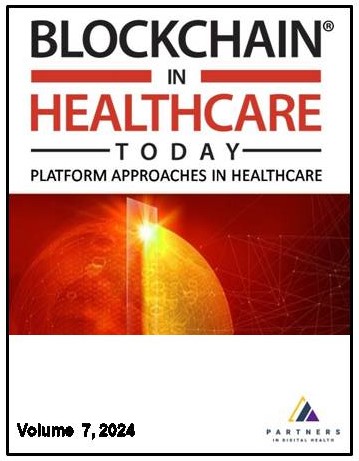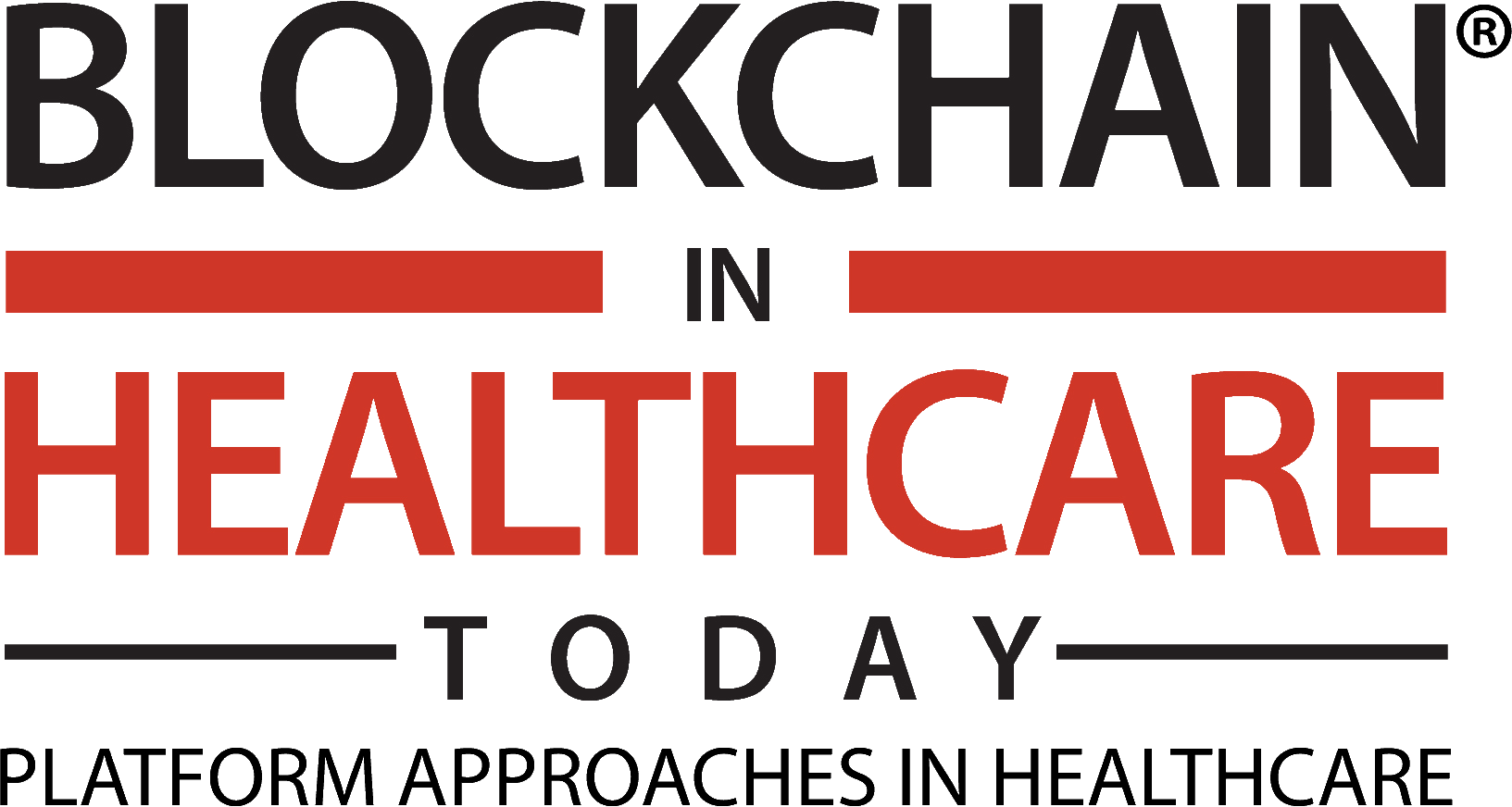Current issue

Volume 7, Issue 3, 2024
Online ISSN: 2573-8240
Volume 7 , Issue 3, (2024)
Published: 16.12.2024.
Open Access
Blockchain in Healthcare Today (BHTY) is the leading international open access journal that amplifies and disseminates platform approaches in healthcare and distributed ledger technology research and innovations. Fields of interest include healthcare information systems, leveraging data science tools and techniques, interoperability, consent mechanisms, privacy preservation, security of health data, clinical trials management, supply chain management, revenue cycle automation, immersive technologies, tokenomics, governance, regulation, network technologies, clinical computing, cryptography, and failed experiments in this expanding specialty field of research.
All issues
Contents
04.01.2019.
Letters to the Editor
Response to Zolfaghari et al.
Please see the related Research Article (DOI: https://doi.org/10.30953/bhty.v2.38) and the related Letter to the Editor (DOI: https://doi.org/10.30953/bhty.v2.98)
You Chen
04.01.2019.
Use Cases
DMMS: A Decentralized Blockchain Ledger for the Management of Medication Histories
Background: Access to accurate and complete medication histories across healthcare institutions enables effective patient care. Histories across healthcare institutions currently rely on centralized systems for sharing medication data. However, there is a lack of efficient mechanisms to ensure that medication histories transferred from one institution to another are accurate, secure, and trustworthy.
Methods: In this article, we introduce a decentralized medication management system (DMMS) that leverages the advantages of blockchain to manage medication histories. DMMS is realized as a decentralized network under the hyperledger fabric framework. Based on the network, we designed an architecture, within which each prescriber can create prescriptions for each patient and perform queries about historical prescriptions accordingly. Finally, we analyzed the advantages of DMMS over centralized systems in terms of accuracy, security, trustworthiness, and privacy.
Results: We developed a proof of concept to showcase DMMS. In this system, a prescriber prescribes medications for a patient and then encrypts the prescriptions via the patient’s public keys. Patients can query their own prescriptions from different histories across healthcare institutions and then decrypt the prescriptions via their private keys. At the same time, a prescriber can query a patient’s prescription records across healthcare institutions after approval from the patient. Analytic results show that DMMS can improve security, trustworthiness, and privacy in medication history sharing and exchanging across healthcare institutions. In addition, we discuss the potential for DMMS in e-prescribing markets. Conclusions: This study shows that a distributed secure ledger can enable reliable, interoperable, and accurate medication history sharing.
Patrick Li, Scott D. Nelson, Bradley A. Malin, You Chen
